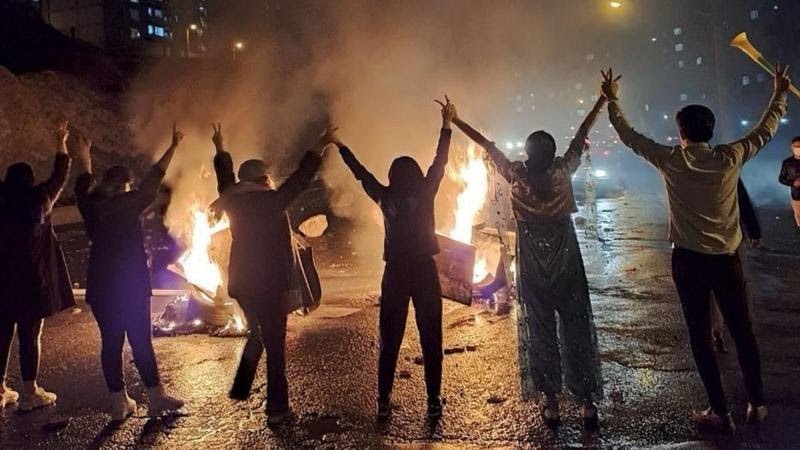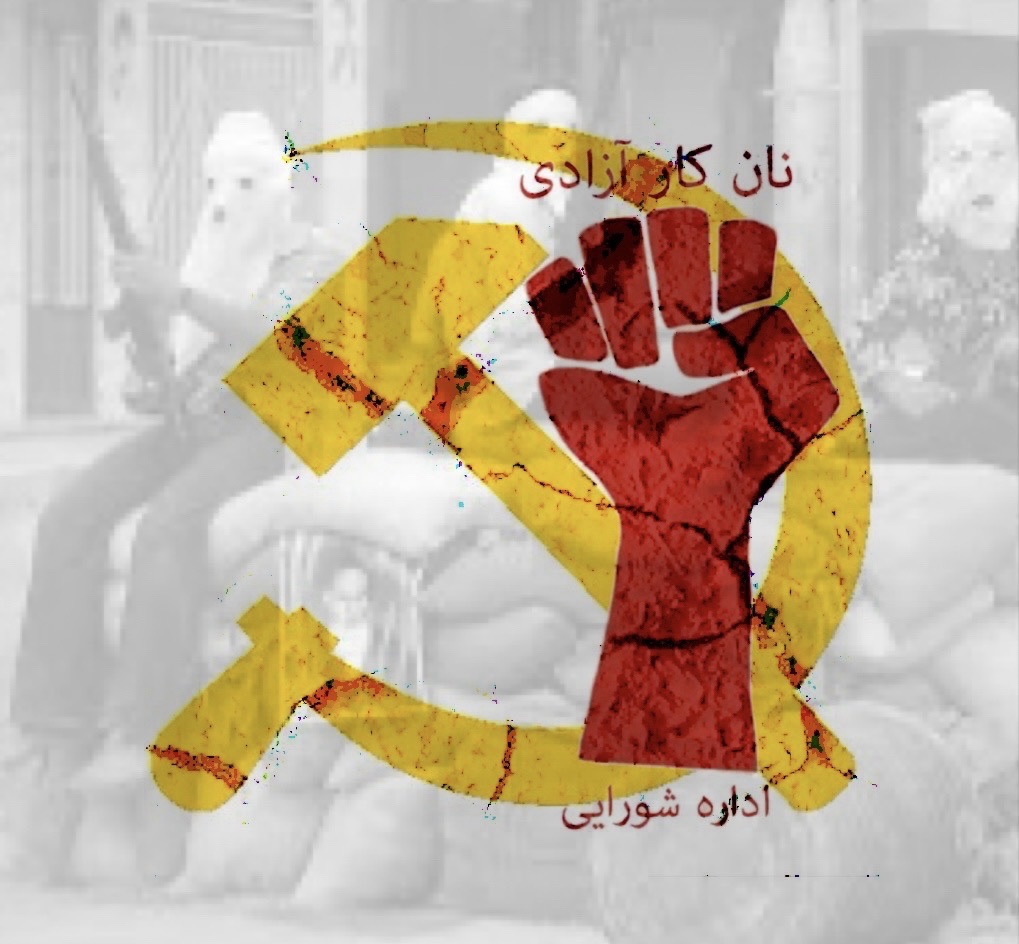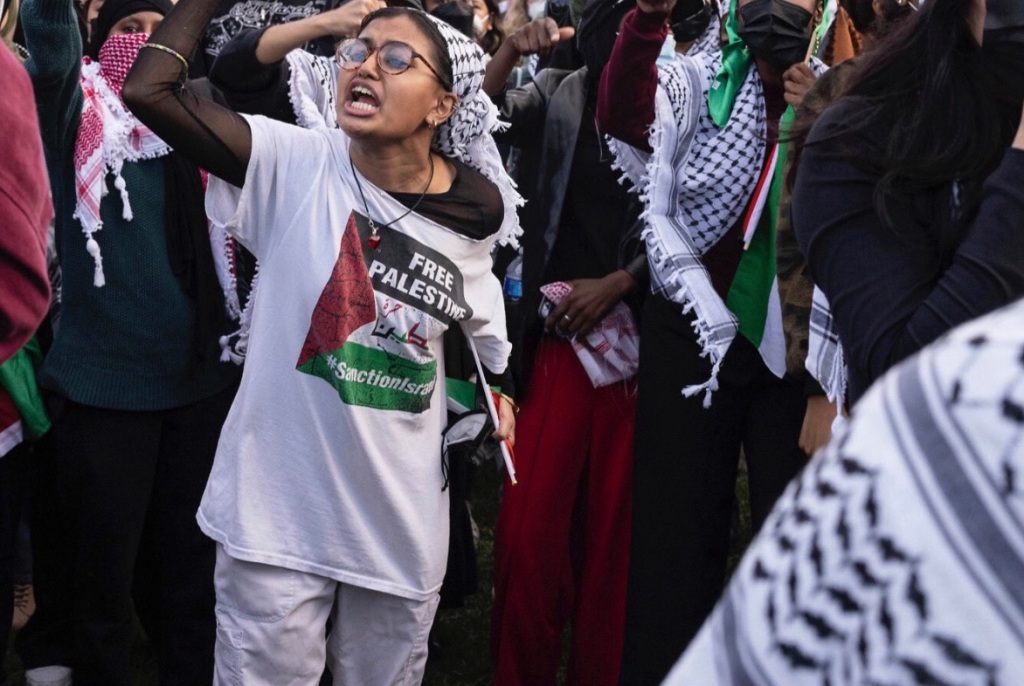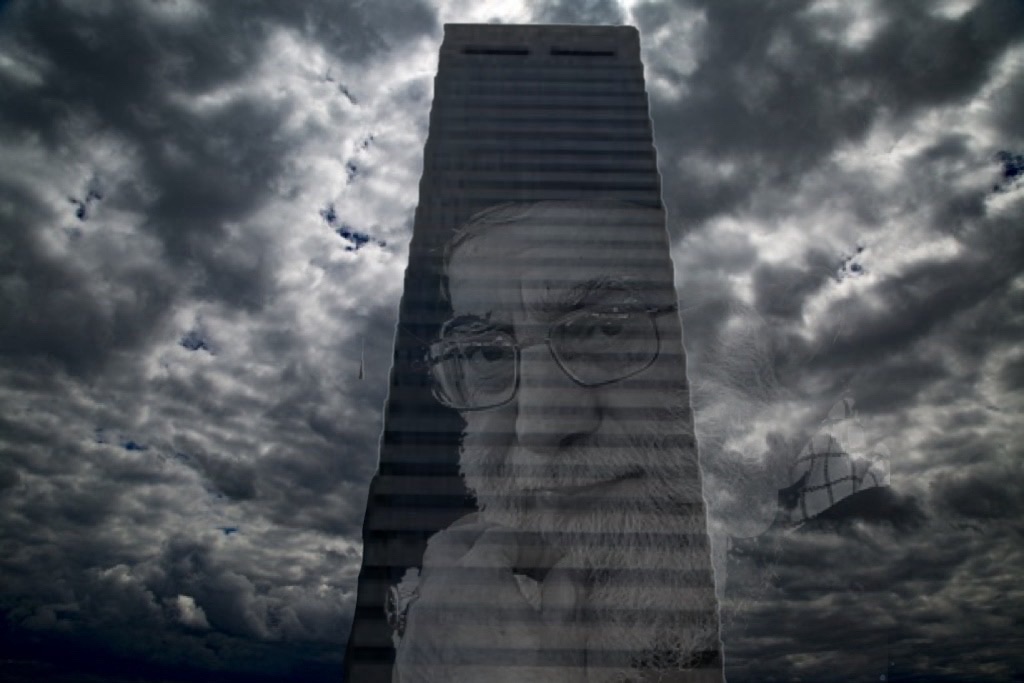Erfan Fard
Last year, after decades of the clerical regime’s despotic rule in Iran, marked by hostility towards Israel and the propagation of anti-Semitism, the most popular, accepted, and legitimate figure of the Iranian opposition entered Israel.
One year ago, Prince Reza Pahlavi, a central figure of the Iranian opposition, visited Israel, marking a pivotal moment in Middle Eastern diplomacy. This visit was significant as it symbolized potential shifts in Iran-Israel relations after decades of enmity under Iran’s clerical regime, known for its hostility towards Israel and propagation of anti-Semitic rhetoric.
Historical Context and Significance of the Visit
Prince Reza Pahlavi, heir to 2,500 years of the Iranian monarchy and a descendant of the Pahlavi kings, represents a lineage that oversaw significant growth and development of the Jewish community in Iran. His visit to Israel symbolized a stark contrast to the despotic rule of the clerical regime that has marred Iran’s international relations with its aggressive policies.

Since the late Shah of Iran recognized Israel de facto in 1960, for 18 years and 6 months, mosques’ terrifying networks focused on creating terrorist and guerilla networks to destroy Iran’s authority, national pride, and identity. The late Shah left, and for 45 years since, the Middle East has been destabilized by the actions of the world’s most terroristic country, continuing to burn in the fires of destructive war. Lebanon, Syria, Yemen, and Iraq have all been victims of the Islamic Republic’s warmongering and expansionism. The root of all these crises is the existence of the Islamic Republic, a cabal of thugs and terrorists holding 88 million Iranians hostage.

The Impact of the Current Regime
Since the 1979 Islamic Revolution, Iran has been under the theocratic rule of a clerical regime characterized by its antagonistic stance towards the West, particularly Israel. This regime has not only perpetuated domestic repression but actively sponsored terrorism and fueled regional conflicts. Prince Pahlavi’s visit underscored the dire need for a shift from this destructive governance.
Under a vague and fantastical mission, both Khomeini and Khamenei within the structure of the Islamic Caliphate of the Guardianship of the Islamic Jurist have not only crafted intricate terrorist networks against Israel and the United States but have also equipped, strengthened, and supported terrorist groups to carry out operations against Israel. The Islamic Republic of Iran has not relented for even an hour from sabotage and terrorist operations against Israel. On October 7, 2023, it incited Hamas, Hezbollah, Islamic Jihad, and the Houthis to create a fiery ring around Israel. Moreover, in recent days, in defiance of all international norms, it disgracefully and maliciously fired over 300 barrels of gunpowder against the people and land of Israel.
Opposition Faced During the Visit
Upon his arrival in Israel, Prince Pahlavi encountered significant opposition. Domestically, he faced the Iranian regime’s extensive and sinister propaganda machine, which seeks to discredit any engagement with Israel and maintain the status quo. Internationally, he contended with various Islamic and Marxist terrorist groups that opposed any form of reconciliation between Iran and Israel. Factually,these groups had connections with Yasser Arafat prior to 1979 and were trained in terrorist camps . Hostility towards Judaism and opposition to Israel are inseparable elements of the Khomeinist clerical regime in Tehran.
Both groups united in their use of every possible means of speech and propaganda against the Prince and Israel. Notorious and opportunistic figures of the Iranian opposition, who prefer the Islamic Republic to remain in power but without the mention of the Pahlavi name, lack a genuine will for regime change or the destruction of Khomeinist ideology established in 1979. This absence of will is evident among the reformists (Islamic left), the Marxist left, and separatists.
The Need for Regime Change
A year ago today, the Prince’s visit to Israel was a reminder of peace, stability, calm, brotherhood, and friendship. Neither Netanyahu nor Prince Pahlavi could have imagined that the Tehran regime would stage such a display of malice and savagery. But now, both Israeli and Iranian societies realize that if Iran were under the leadership of Prince Pahlavi, there would be times filled with stability, peace, and tranquility for the people of both Israel and Iran.
Prince Pahlavi correctly highlighted the necessity of regime change in Iran during his visit. The clerical regime’s rule has led to severe economic downturns, widespread human rights abuses, and the isolation of Iran from the international community. The regime’s policies have sown discord and violence, necessitating urgent reform.In other words, the existence of the cancerous clerical regime in Tehran has resulted only in destruction, misery, the spread of poverty, Islamic terrorism, tensions, the disintegration of Iran, the flames of war, and more.
International Support and Strategic Alliances
In the corridors of political power in Washington, regime change in Tehran may be a taboo word, but in Israel and among the Iranian community, it has become a fundamental principle. If Prince Pahlavi returns to his rightful place as a sworn, dignified, and respected king with a credible reputation, a new era will commence in the Middle East.
The success of regime change in Iran will require substantial international support. Nations that value democracy and human rights, including the United States and European countries, along with regional powers such as Israel and the Arab states of the Persian Gulf, must play a supportive role. This coalition could exert diplomatic pressure, enforce economic sanctions against the current regime, and provide moral support to the opposition.
The Benefits of Regime Change
A savage regime in Tehran, contrary to international norms, still wishes to keep the flames of war and crisis in the Middle East burning. Perhaps one of the best ways forward is to support regime change in Tehran to ensure the security and stability of both Iranian and Israeli societies.
Regime change could usher in a host of benefits for Iran and the region. It promises the cessation of state-sponsored terrorism, a halt to nuclear proliferation, and the initiation of democratic reforms that could transform Iran into a pillar of stability and prosperity in the Middle East. Moreover, it could renew diplomatic ties and foster economic development that has been hindered by the current regime’s policies.
Besides Israel, the help of Arab countries in the Persian Gulf is needed to surgically remove this cancerous growth, and without collective cooperation and participation, this goal cannot be achieved.
The Role of Prince Pahlavi and the Vision for the Future
Prince Pahlavi stands as a figure who can potentially guide Iran through this transformative period. His leadership could restore a sense of national identity that resonates with Iran’s pre-revolutionary era of progress and openness. By advocating for a secular, democratic government, Prince Pahlavi aims to reintegrate Iran into the global community, ensuring peace and prosperity for its citizens.
Conclusion
As we reflect on the anniversary of Prince Pahlavi’s visit to Israel, the call for regime change in Iran resonates stronger than ever. This visit was not just a diplomatic event but a clarion call for those who envision a future where Iran embraces peace, diversity, and prosperity. Supporting Prince Pahlavi’s vision could catalyze a new era for Iran, characterized by democratic governance, respect for human rights, and active participation in the global community. The journey toward this vision is complex and fraught with challenges, but it remains a vital endeavor for the sake of regional stability and international peace.
The youth of Iran are anti-war and need a peace-loving, democratic-minded figure like Prince Reza Pahlavi to manage the challenging and transitional period up to the ballot box. Certainly, without his presence, any change in Iran would likely lead to a bloodbath.






Leave a comment